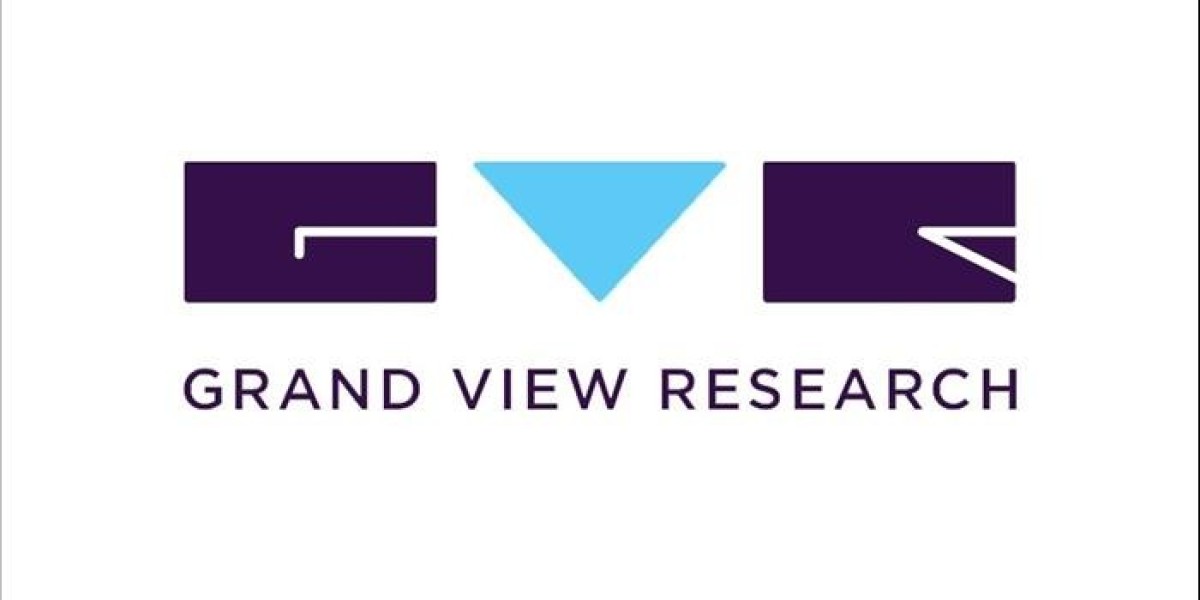The aviation sector is a tightly regulated industry and must offer mission-critical services with no room for errors. But, the presence of multiple stakeholders and industry players makes the ecosystem all the more complex. The stakeholders involved include consumers, airport authorities, aviation sector associates like IATA, travel agents, GDSs (Global Distribution Systems), suppliers, service providers, public authorities, travel partners like car rental firms, hotels, and the list goes on. As a result, airline companies have to deal with pain points like high fixed costs, coordination management woes, and at the same time, have to deal with the pressure to offer impeccable services.
Transparency, trust, control, and security play vital roles in ensuring flawless airline operations. However, the current system has certain limitations. Take a look at an example!
One of the greatest unresolved mysteries in the history of the global aviation industry is the disappearance of the Malaysian Airlines passenger jet, Flight 370, on 8th March 2014. The questions to several answers like why the fight had changed its direction, where the fight headed thereafter, etc. remained a mystery even after spending millions of dollars on the investigation. This incident called for a robust system that would ensure transparency and traceability of airline operations under any circumstance. And, Blockchain technology is a viable solution to address such challenges.
This post explores the role of Blockchain in Aviation and how it helps airlines to save millions of dollars.
Blockchain in the Aviation Industry: Use Cases Business Benefits
Blockchain solutions “come” with disruptive offerings for the aviation industry – Transparency, Immutability, Decentralization, Traceability, and high-grade Security. Let’s explore how Blockchain resolves countless problems existing in the aviation sector, enhances the efficiency of flight operations, and helps airline authorities save time and money.
Aircraft Inspection Maintenance Management
With Blockchain technology, activities like the configuration of an aircraft’s parts, routine inspections, maintenance, handling warranties, and loan order management become transparent traceable like never before.
Problem
It’s common for passengers to face problems due to flight delays on account of maintenance issues. However, at times such problems are unavoidable due to the unavailability of inspection or maintenance data that gets lost or destroyed.
Today, airline companies need to track crucial aviation data related to the condition of airplanes. As such, they end up investing a considerable amount of time and spending heavily in the collection and maintenance of critical information related to flight operations.
Use Cases
The components of an airplane can be repaired as many times as needed. The lower assembly components are usually changed or scrapped while the higher assembly components remain intact. Hence, it’s important to trace aircraft components throughout their entire lifecycle so that data related to ownership history, modifications, maintenance details, etc. can be securely stored. If this data gets misplaced or stolen, the airline company will get adversely affected. So, storing such data on a Blockchain-based immutable ledger is the most viable solution.
Blockchain technology is used to track record important data related to the installation, removal, inspection, or servicing of each part and component of an airplane. Blockchain records information like the duration of servicing, and even the identity, credentials, and location of the technician who has repaired a specific part. Logs are updated continually. This way, every part of the plane can have its digital “birth certificate.”
All these data can be integrated to form a “digital twin” of the aircraft. It will record all data related to the history of parts, maintenance, inspection, and warranty; right from the time the airbus began its operations to the time, it retired from the fleet. This way, airline companies get detailed visibility into the lower and higher assemblies and can effectively track every aspect that matters – modifications made to the assemblies, ownership changes to specific sub-assemblies, adherence to compliances, etc. Such verifiable data regarding the aircraft components come in handy to airline companies during critical reporting and also when they buy or sell aircraft parts.
Blockchain solutions help authorities manage the compliance of aircraft parts and maintenance programs by simplifying critical tasks. Examples of such tasks include recording the findings of the inspection, sending follow-up inspection requests, creating repair orders for defective parts, and many more.
A loan order is one of the most complicated transactions carried out between the MROs and the operators. Another critical aspect is warranty management where chances of revenue leakages are likely. Blockchain-powered immutable networks are being used by Airline companies to maintain the terms and conditions of loan orders, warranty statements, and payouts.
Advantages
Blockchain implementation provides better visibility of an aircraft’s configuration maintenance history. The outcome is a more predictive maintenance mechanism that enables authorities to eliminate roadblocks much before these issues affect the airline’s operations. There are minimal instances of passenger inconveniences caused by flight delays due to maintenance issues. The overall productivity improves and airline companies are able to minimize the expenses as well as losses that occur due to unplanned maintenance or downtime. Also, airline owners can effectively handle third-party vendors like mercenary resellers as the serial number of every aircraft part can be compared against an indestructible real-time ownership record.
Real-time Capture Secure Storage of Aviation Data
Problem
The tracking of passengers’ baggage or cargo that gets misplaced is a complex and time-consuming process for airline authorities. Consumers too, face the inconvenience of long wait times and even damaged goods. Another crucial aspect is the necessity to capture flight-related technical data for ensuring flight safety and obtaining data in case of mishaps. But, centralized data storage systems are vulnerable to breaches and data losses.
Use Cases Advantages
Blockchain makes it possible for airline authorities to track and record the real-time data of a single flight. This improves transparency visibility considerably. Blockchain records information about valuable aspects and assets like flight paths, onboard passenger details, baggage cargo onboarding, etc. that are indispensable to flight operations. Blockchain-based data backup mechanism adds an extra layer of security and makes the data tamper-proof. The real-time capture and secure storage of data enable authorities to figure out airplane malfunctions and carry out rescue operations in case of crashes.
Blockchain technology can also effectively track down baggage cargo. The location and current status of goods will be tracked right from the moment they are deposited at the counter till they are handed back to the rightful owner. Therefore, passengers as well as authorities will be able to track cargo effortlessly and quickly.
Smart (Tokenized) Ticketing Identity Verification
Problem
The entire ticketing mechanism of the aviation industry depends upon a centralized database. And, during instances when the ticketing database of an airline or an airport goes down due to system outages, huge chaos is created and chances of errors are likely. Also, the identity verification of passengers at airports is quite hassle-prone and involves long queues. Moreover, the existing verification systems are not always able to identify forged identities by certain passengers resulting in security risks.
Use Cases Advantages
The solution is simple – replacing paper tickets with smart tickets. Smart ticketing is still a future vision but will be a game-changer once implemented. Blockchain developers can create a uniform booking system where besides the airlines, other stakeholders can also participate.
Blockchain network stores the biometric data, documents, and the tickets of passengers on an immutable ledger. Hence, a Blockchain-based tokenized ticketing system offers a hassle-free ticketing experience that doesn’t get affected by system crashes. This approach also simplifies the process of passengers’ identity verification and can end document verification woes. Passengers will not have to fill up additional forms or carry identity credentials to the airport but have to just enter the airport through a verification code. Furthermore, Biometric identification techniques will successfully address the problem of forged identities. This is because, passenger identity, once recorded on Blockchain cannot be modified or tampered with because of its decentralized nature.
Smart tickets can also be used to link additional facilities like lounge access, business class privileges, etc.; loyalty programs for frequent fliers; and non-airline utility services like hotel bookings, transportation, etc. This will address the problem of inefficiencies faced by airline companies on account of fragmentation costs when passengers wish to avail of extra facilities.
Smart Contracts
Problem
Airlines need to transact with multiple other parties and end up investing time as well as resources to execute such lengthy and repetitive tasks. Also, there are chances of human errors and disputes between parties.
Use Cases Advantages
Blockchain-powered Smart Contracts are self-executing electronic agreements that function based on a set of pre-defined rules. Airline companies employ smart contracts for executing transactional agreements with other airline companies travel agencies, selling travel insurance, paying airport fees or taxes, and determining loyalty settlements. A Smart contract is an excellent option to automatically validate transactional agreements where multiple parties like supply chain operators, MROs, etc. are involved. Smart contracts provide the much-needed transparency and decentralization by creating a peer-to-peer network. This helps airline authorities establish a consensus amongst multiple parties and avoid conflicts that are likely within a centralized legacy system.
Also, smart contracts minimize the likelihood of human errors and can save airlines time and the hassles of heavy reconciliation processes to fix erratic transactions.
Final Thoughts:
Blockchain in Aviation comes with a promise of a better tomorrow! However, one needs to follow the right process and strategies while implementing Blockchain to reap its potential to the fullest. Here’s how to start with Blockchain implementation in Aviation Services. Commence with a single process or system. Thereafter, you need to create a Blockchain ecosystem and consolidate all your stakeholders. This peer-to-peer network will define the rules for participation, governance, audit mechanisms, etc. Remember to prioritize cybersecurity, adhere to standard compliances, clearly define audit mechanisms, and navigate regulatory uncertainty.
If you lack the necessary technical expertise, experience, and skills, it’s advisable to partner with professional Blockchain app development services to elevate your aviation operations to the next level.








